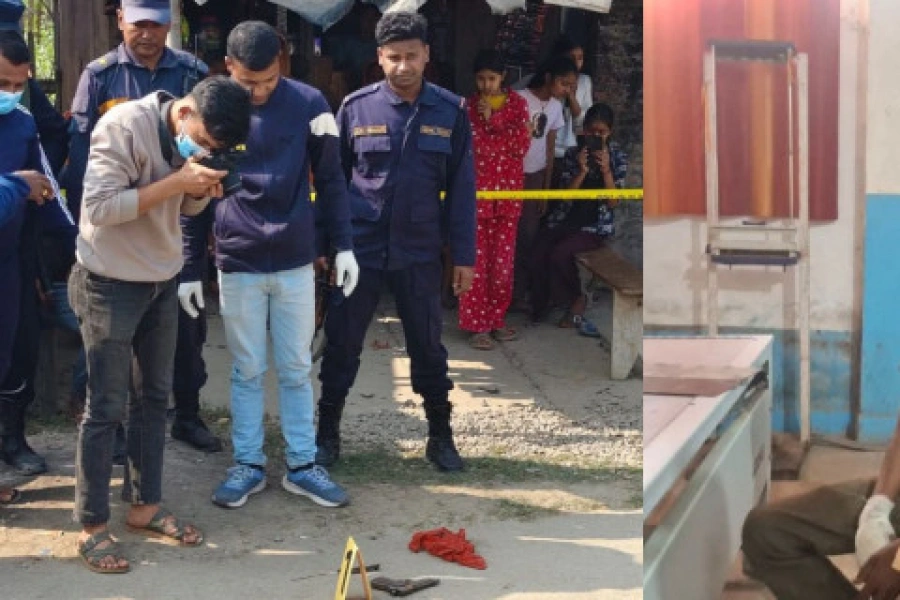KTM-Tarai expressway
After much controversy over the awarding of the project to an Indian consortium, the government in 2016 decided to build the 76-km Kathmandu-Tarai Expressway on its own. Following this decision, the project was handed over to Nepal Army. As the army has a good track record on such projects, this was greeted with approval by a large section of the society. But it appears that even the national army is not free from the kind of dirty politicking that has become a hallmark of other state institutions. Before the government decided to take the project away from it, the Indian consortium had already prepared a Detailed Project Report (DPR) on the expressway. A government team formed for the review of the project suggested that Nepal buy the DPR from the consortium to save time. When the Ministry of Physical Infrastructure and Transport later inquired about the DPR’s price, the consortium replied that it wanted Rs 600 million in Nepali currency. But the army is now preparing to pay Rs 1 billion for the same DPR. The government team under former National Planning Commission Vice-chairman Min Bahadur Shrestha had, in fact, asked the government to negotiate the consortium’s asking price down as the DPR would now be useless to it. Yet the army is now paying Rs 400 million more than the asking price.
Two different sources at the ministry told Republica that the additional amount would in fact not be given to the Indian consortium and would instead be pocketed by several high-ranking politicians who were responsible for awarding the project to Nepal Army. Separately, the Ministry of Defense has asked Nepal Law Commission to draft a special bill to ‘fast track’ the expressway project, thereby allowing the army to bypass the Public Procurement Act. Again, both the decisions, to first buy the DPR from the Indian consortium and then to fast-track the expressway project, are supposedly aimed at saving precious time. But this line of reasoning is problematic. One, the government study team has concluded that the DPR is ‘incomplete’ and will have to be revised, perhaps substantially, which will again take some time. It is also troubling that a credible institution like Nepal Army is trying to bypass the public procurement act, the purpose of which is to bring transparency and accountability to important government projects—big projects like the estimated-Rs 110 billion expressway.
Infographics: Majority think their country is on wrong track

The opaque way the project has been handled since it was transferred to Nepal Army in May this year leaves a lot to be desired. It is now becoming clear that one reason the government decided to build the expressway on its own and later gave it to Nepal Army was that doing so would be profitable for many vested interests, in and outside the army. Due to its apolitical image, and due to its indispensible role in search and rescue operations in the aftermath of natural disasters, the army is among only a handful of state entities that common folks still trust. Its recent shenanigans in the Kathmandu-Tarai expressway are doing grave harm to this trust.







































